 Moja Ortopedija Rozi Step
Moja Ortopedija Rozi Step
Hold The Zinc Please
CATEGORIES:
Remember when the idea of wearing sunscreen used to mean pasty white globs of thick creams on your nose? That was zinc oxide, which is why most people skipped the sunscreen in the early days.
Among the individual sunscreen ingredients approved by the FDA, there are chemical and physical sunscreens. To be effective, chemical sunscreens need to be rubbed into the skin for about 20 minutes before sun exposure. They do a good job at blocking...
READ MORE

Pregnancy is an exciting time for every woman, but along with carrying a new life inside you, your skin, hair and nails experience many changes. It is natural to wonder what you can do about the many changes your body is going through – and what might be dangerous for your baby during these 9 months.
It is well known that some ingredients in prescription medications and from topical skin care products can get absorbed into the body when...
READ MORE
Skin Cancer Detection
CATEGORIES:
There are three main types of skin cancer: basal cell carcinoma, squamous cell carcinoma, and malignant melanoma. Melanoma is the most severe form of skin cancer, as it can spread quickly throughout the body if not treated at an early stage.
The good news is that early detection is the best defense against deadly skin cancers. Regular check ups and screenings every 6-12 months with your Dermatologist can literally be life-saving. Consult with...
READ MORE
The Brightening Brigade
CATEGORIES: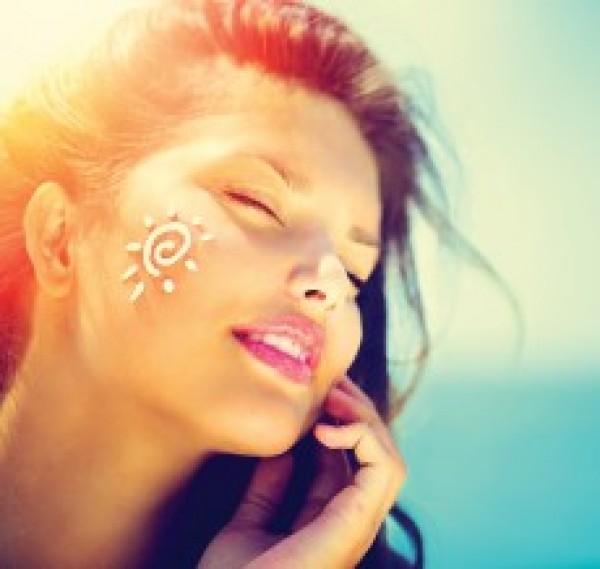
Although prescription hydroquinone is still considered the gold standard in skin lightening by many physicians and skincare professionals, Beverly Hills Dermatologist Dr. Zein Obagi warns that it comes at a price.
It fades many spots when used consistently and blocks the enzyme needed for creating new ones. Paired with a prescription retinoid or potent retinol, it can begin to lighten dark spots in four to six weeks, sometimes sooner....
READ MORE
The Anatomy of Dark Circles
CATEGORIES:
The skin around your eyes is the thinnest on the body, which accounts for why it is so prone to environmental abuse and the effects of stress and sun exposure. The skin around the eyes is one of the first places signs of aging like crow’s feet, crepey skin, puffiness and dark circles. The area around the lower eyelids is also prone to dryness because it is so thin, which can make fine lines and wrinkles appear earlier and become more visible...
READ MORE

The thirties are the time when your skin starts to show visible signs of aging. At around age 35, cells get lazy and slow down so they don’t turnover as easily without a little help. Fine lines and wrinkles appear, and skin tone becomes more uneven from daily UV exposure, even if you are diligent about wearing your SPF. Brown spots and wrinkles start to develop, especially for smokers and sun worshippers, and those who have not taken good care...
READ MORE
Ditch the Dark Spots
CATEGORIES: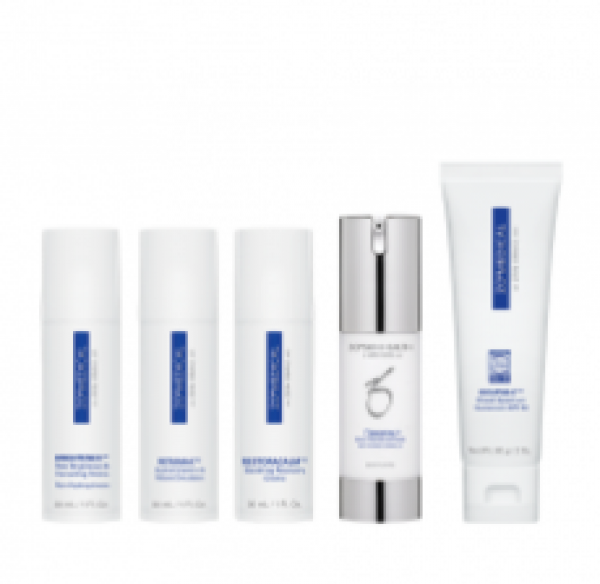
Discoloration is a fact of life. The sooner you see dark spots and brown patches has a lot to do with heredity and lifestyle, but by a certain age, we all get some. There are several factors that cause skin to become darker (hyperpigmentation), starting with an increase in melanin, the substance which regulates pigment. Primarily, hyperpigmentation is caused by exposure to the damaging ultraviolet (UV) rays of the sun. But dark spots can also...
READ MORE
Skin Cancer Awareness Month
CATEGORIES:
May is Skin Cancer Awareness Month – and it is also the start of the summer season when most of us will be spending more time enjoying the great outdoors.
According to Dr. Z. Paul Lorenc, New York plastic surgeon, one in five Americans will develop skin cancer in their lifetime, and the rates of melanoma, the most deadly form of skin cancer, have been rising steadily for the past three decades.
Basal Cell Carcinomas (most...
READ MORE
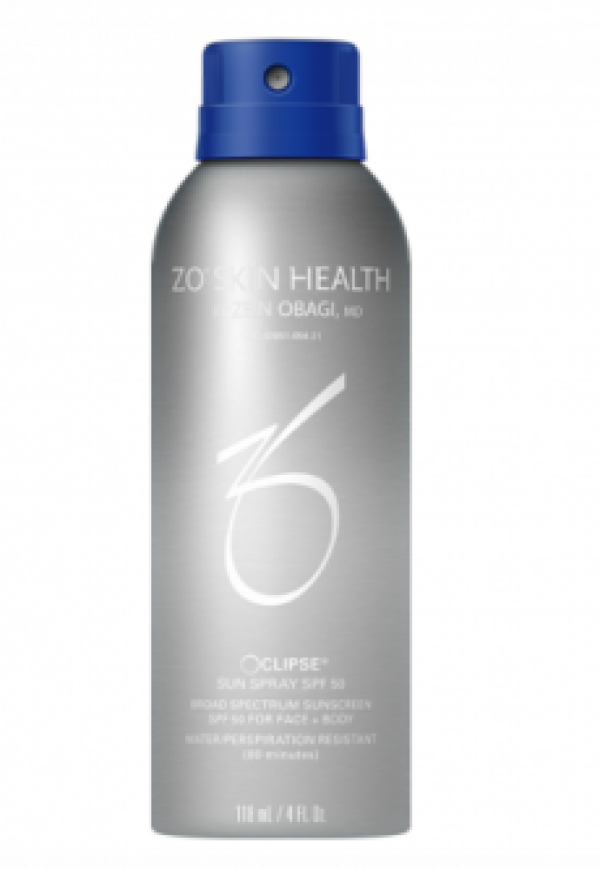
Your 20s is the time to set up a good foundation for basic skin care and age prevention. In your 20s, your skin is still building enough collagen to keep it supple and resilient. Breakouts are often the biggest concern, especially caused by stress, hormonal flux, late nights out, and general bad habits.
Start by using the right cleanser for your skin type, twice daily. If your skin is normal, a gentle cleanser will do the trick while not drying...
READ MORE
The Redness of Rosacea
CATEGORIES:
Picture this. Your face flushes for no reason and without notice. Your cheeks often look ruddy and you can see tiny spider veins. You sometimes have breakouts in those areas too. You get flare-ups sometimes after eating spicy foods, drinking alcohol, and when the weather get hot and humid. If this sounds familiar, you could be suffering from Rosacea.
April is Rosacea Awareness Month, which calls out the symptoms of Rosacea to make people...
READ MORE
6 Makeup Tips To Make You Look Younger
CATEGORIES: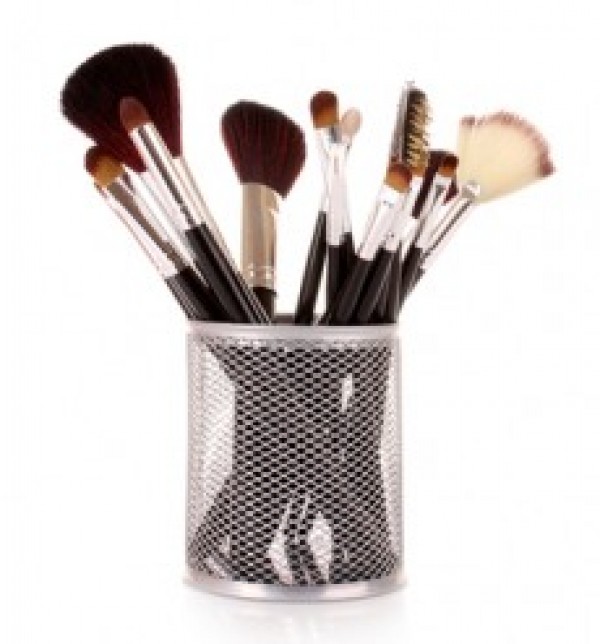
“You look tired!” Those are three little words that no woman ever wants to hear, especially after sleeping a full eight hours. Newsflash – it could be that you’re making makeup mistakes that are ruining your good looks.
Before you apply any makeup, make sure your skin is properly cleansed and hydrated, protected with your daily SPF, especially around the delicate eyelid area. ZO Skin Health Oclipse Sunscreen + Primer SPF30 is...
READ MORE
First Signs of Spring
CATEGORIES: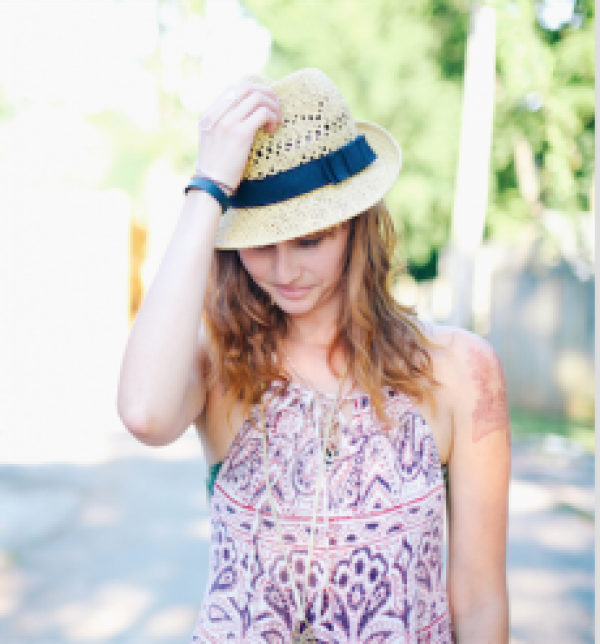
The first day of Spring is finally in our sights. In many parts of the country, the first sign of tulips and green leaves on the trees with birds chirping will bring a welcome relief from a cold, harsh winter. And the anticipation of spring making its way is also a reminder that it’s time to step up your skin care regimen as the seasons are changing.
Springtime will naturally be about spending time outdoors, running, jogging, playing sports...
READ MORE
6 Things That are Aging Your Skin
CATEGORIES:
How your skin ages will depend on many factors, some of which you have control over and some of which you don’t. For starters, aging is partly hereditary; that is, your genes help to determine whether your upper eyelids will sag in your 30s or stay perky well into your 50s, etc. Among the factors that contribute to wrinkled, damaged skin include normal aging and the inevitable breakdown of fatty tissue that supports your skin and muscle,...
READ MORE
Pre-Valentine’s Day Lip Shape Up
CATEGORIES:
With Valentine’s almost here, luscious lips are taking center stage.
The first thing you should be mindful of is preventing and restoring healthy, soft lips. Cold weather and sun exposure are the major culprits when lips get dehydrated. Cool air, reduced humidity and wind can leave the thin lip skin with deep cracks. When lips get dry and uncomfortable from moisture loss, chapping and painful cracking and peeling are not far behind.
The...
READ MORE

The concept of Skin Health Restoration, advanced by Zein E. Obagi, MD, is the optimum process to restore skin activity, vitality, strength and youthfulness, while also treating any skin conditions such as acne, rosacea, or pigmentation. This process ultimately leads to the best possible results for your skin, and will allow you to maintain these results for the long term. But you will need to be patient because skin health restoration...
READ MORE
Skin Enemy #1
CATEGORIES:
The sun presents a great conundrum for dermatologists and skin care professionals. On the one hand, it is the life-giving source of all natural living things. On the other hand, UV exposure is the cause of premature aging and, even worse, skin cancer.
It was once believed that only UVB was damaging because it causes the epidermis to burn and turn red. But now we know that UVA is equally damaging, if not more dangerous. UVA rays account for up to...
READ MORE
There Is No Such Thing as a Safe Tan
CATEGORIES:
You can’t dispute the science. The UVA and UVB rays from the sun as well as tanning beds and lamps lead to premature photo-aging at best, and skin cancer, including deadly melanoma, at worst. As beauty magazines and dermatologists advise, “The only safe tan is a fake tan.”
According to the Skin Cancer Foundation, “A tan, whether you get it on the beach, in a bed, or through incidental exposure, is bad news, any way you acquire it.” And...
READ MORE
Fear of Aging Motivates Teens to Use an SPF
CATEGORIES:
It turns out that fear of looking old motivates teens to apply sunscreen much more than the possibility of developing skin cancer.
A recent study from the University of Colorado in Journal of the American Academy of Dermatology, found that educating teens about the aging and appearance-related effects of sun exposure is more effective than showing them the relationship between UV exposure and skin cancer when it comes to getting them to use...
READ MORE
Eat More Water
CATEGORIES:
Drinking 8 glasses of water every day is easier said than done. Are you looking for alternatives? Try eat more fruits and veggies, especially in the summer when fresh produce is easy to come by. Not only do they offer a healthy blend of vitamins, anti-oxidants, and fiber, they’re also high in water. Here are some of the best.
Fruits
Strawberries - a 149 gram serving has 92% water.
Melons - a typical portion of watermelon or cantaloupe...
READ MORE
Why You Need Vitamin D
CATEGORIES:
UV rays are an important - and very efficient - source of Vitamin D, which helps prevent osteoporosis, high blood pressure, and cancer. But you can still apply sunscreen every day, and get all of the Vitamin D that you need.
You only need about 10-15 minutes of exposure per day, and that can come through any part of your body—your hands, your arms, etc. If you’re going to be outdoors, you still need sunscreen on your face!
That UV...
READ MORE
The Truth About Skincare Products
CATEGORIES:
Are skincare companies treating you fairly, or are you being ripped off?
There have been a number of articles and ads comparing the effectiveness of a skincare products to their cost. While these reports raise some interesting questions, they generally don’t provide any meaningful answers. Consumer Reports concluded that just because a product is expensive doesn’t mean that it’s effective, and just because it’s inexpensive doesn’t mean...
READ MORE
Think You Don’t Need SPF On a Cloudy Day?
CATEGORIES:
Absolutely wrong. When your mother told you that you need to wear sunscreen every day, she was right!
UV radiation from the sun comes directly through the clouds—not to mention through an office or car window—and 70% of all UV damage is from casual exposure or unintended sun on your skin. The odds of getting a sunburn are slight, as the UVB rays are short and will not have a direct affect on the skin. However, the UVA rays are...
READ MORE
How To Choose Sunscreen Without Getting Burned
CATEGORIES:
Sunscreens used to be the darling of dermatologists everywhere. Now it seems the love affair is over. People don’t use them as often as necessary and don’t reapply them as frequently as they should. We don’t blame the consumers—the problem is with the sunscreens themselves.
According to one leading consumer protection agency, 80% of sunscreens offer inadequate protection, make claims that are false and misleading, or cause accelerated...
READ MORE
Get Into the Swing of Good Skin Care
CATEGORIES: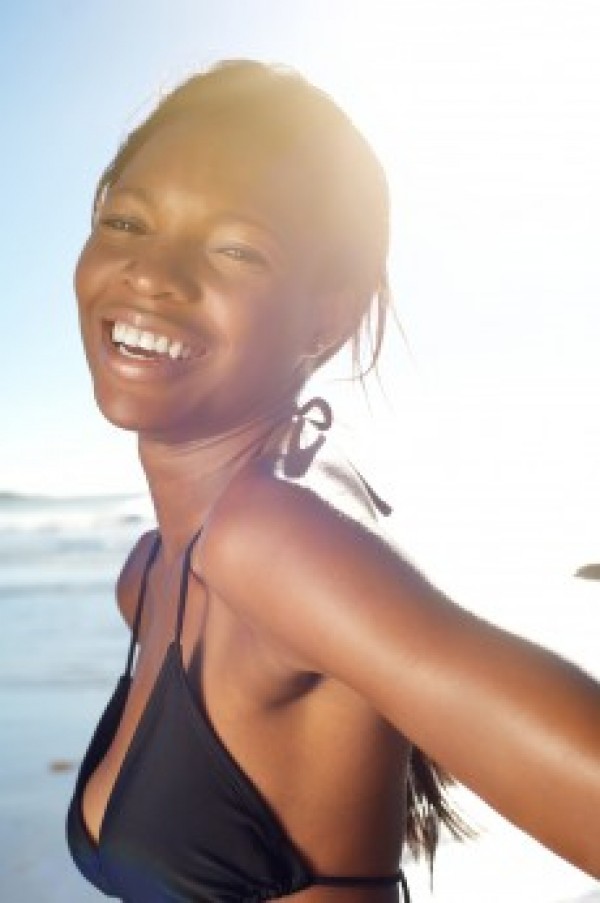
It’s easy to spend a ton of money on skin care products, only to find that you’ve left them in a drawer or your bathroom cabinet. It’s also easy to waste money on skincare products that are not right for your skin type, or just don’t live up to the hype. Your success with a skincare regimen depends not only on the products, but on your discipline (a cleanser and a moisturizer are not enough!), your patience (wash your face for two...
READ MORE
Fight Aging Through Better Sun Protection
CATEGORIES:
There is a reason why there are so many dermatologists and plastic surgeons in California and Florida: not only are people there concerned about their appearance, but they have more sun damage than most anywhere else. Tans—once considered healthy and attractive—are really the precursor to weathered, aged skin.
Of course, anti-aging skin care products are popular all over, but especially in the sunbelt states where the sun’s UV rays pose...
READ MORE

Asian women are often the envy of women around the world because they tend to look younger than their chronological age. Why are they so fortunate? Asian skin generally contains more melanin, so photoaging is less visible. By avoiding sun exposure, they can maintain a more even-tone complexion and their skin is less prone to the tell-tale signs of aging—like wrinkling and sagging.
What are some of the characteristics of Asian skin types?...
READ MORE

